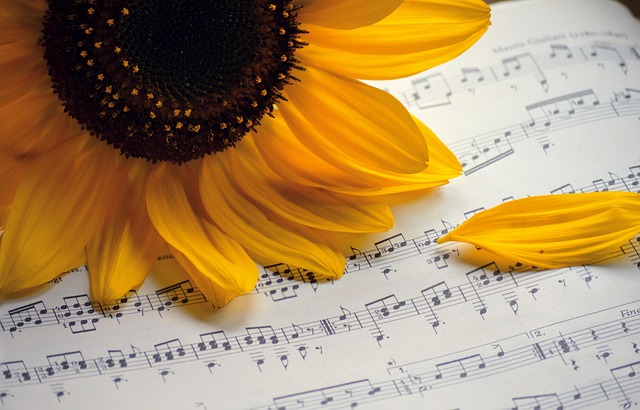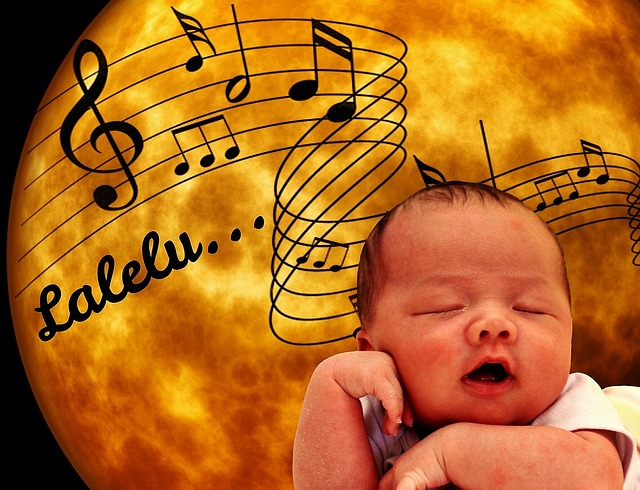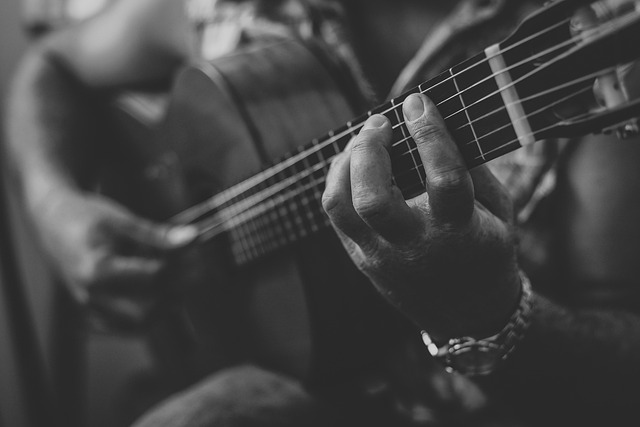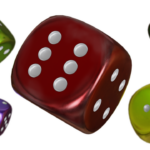Learning multiple musical instruments expands creative horizons, enhances cognitive abilities, connects globally through music's universal language, deepens cultural appreciation, fosters discipline and goal-setting skills, unlocks self-expression, builds confidence, and empowers musicians to contribute unique voices across diverse genres, ultimately enriching the tapestry of global song.
Learning multiple musical instruments is a rewarding journey that expands your creative horizons, enhances cognitive abilities, broadens cultural understanding, improves discipline, and boosts confidence. Each instrument offers a unique perspective, unlocking new avenues for self-expression and artistic exploration. From the violin to the drums, every song becomes a testament to your versatility and passion. Embrace the symphony of learning and let it transform you.
- Expands Creative Horizons: Unlocking New Musical Possibilities
- Enhances Cognitive Abilities: Training Multiple Brains
- Broadens Cultural Understanding: A Global Musical Journey
- Improves Discipline and Focus: The Art of Patience and Practice
- Boosts Confidence and Self-Expression: Standing Tall on Stage
Expands Creative Horizons: Unlocking New Musical Possibilities

Learning multiple musical instruments expands creative horizons and unlocks new possibilities in music. It encourages musicians to explore diverse styles, from classical to jazz, rock, and beyond. This versatility allows for a deeper understanding of various genres, fostering a rich cultural tapestry that enriches both personal expression and musical appreciation. By playing different instruments, individuals develop a nuanced sense of rhythm, harmony, and melody, enabling them to dance to diverse beats and appreciate the intricate connections between music and movement.
Beyond its creative benefits, learning multiple instruments enhances reading skills and understanding of musical notation. As musicians navigate various keys, scales, and chords, they sharpen their ability to interpret sheet music, a skill that is invaluable in ensembles and orchestral settings. Moreover, delving into different genres encourages experimentation with music composition techniques, allowing individuals to create their own unique songs and contribute to the ever-evolving landscape of musical expression. Visit us at [brand/website] to explore these wonders for yourself.
Enhances Cognitive Abilities: Training Multiple Brains

Learning to play multiple musical instruments is like training multiple brains—it enhances cognitive abilities and strengthens neural connections in unexpected ways. When musicians switch between different songs, styles, and instruments, they’re essentially solving diverse problems, which can improve focus, memory, and multitasking skills. This process encourages the brain to be more flexible and adaptable, benefiting not just musical ability but also academic performance and everyday tasks.
Moreover, music’s role as a universal language transcends cultural boundaries, as it allows people from different backgrounds to connect and communicate through melodies, rhythms, and harmonies. In today’s diverse society, where pop culture’s influence on music trends is ever-present, learning multiple instruments can also help individuals express their unique identities and contribute to the rich tapestry of global musical styles. Give us a call at cultural diversity reflected in musical styles to explore how this creative endeavor enriches both the individual and the community.
Broadens Cultural Understanding: A Global Musical Journey

Learning multiple musical instruments opens up a global musical journey, allowing individuals to explore and appreciate diverse cultures through song. Each instrument has its unique sound and role within various music genres from around the world. By mastering different instruments, musicians gain a deeper understanding of musical forms, rhythms, and melodies from different cultural backgrounds. This broadens their perspective and fosters an appreciation for global music traditions.
This journey extends beyond mere performance; it involves delving into the history, symbolism, and emotional essence embedded in traditional songs. Understanding musical forms, music composition techniques, and even music production: mixing and mastering techniques can be enhanced by this cross-cultural exposure. So, whether you’re strumming a guitar, playing the violin, or drumming along to African rhythms, each instrument becomes a key to unlocking new worlds of sound and cultural understanding. Give us a call at understanding musical forms for more insights into how music connects us all.
Improves Discipline and Focus: The Art of Patience and Practice

Learning multiple musical instruments is an enriching experience that cultivates discipline and focus. When musicians embark on this journey, they develop a profound sense of patience, understanding that mastering each instrument requires consistent practice. This process instills in them the art of setting goals, breaking down complex tasks into manageable chunks, and staying committed to their learning path. The rhythmic patterns that emerge from playing different instruments teach musicians about time management and coordination—essential skills not just for music but also for daily life.
Moreover, applying music theory in practical settings further enhances this discipline. Musicians learn to appreciate the intricate relationships between notes, chords, and melodies, which translates into better performance. This understanding of musical concepts allows them to navigate various genres and styles with ease. For instance, knowledge of song structures can help musicians anticipate changes during live performances, such as those involving stage lighting design. By embracing this holistic approach, musicians not only improve their technical skills but also gain a deeper connection with the art form, which ultimately enriches their performance and resonates with audiences. Give us a call at the psychology of musical preferences for more insights into how music shapes our minds and behaviors.
Boosts Confidence and Self-Expression: Standing Tall on Stage

Learning to play multiple musical instruments is like discovering hidden talents and unlocking new worlds of self-expression. When a musician steps onto a stage, they embrace an opportunity to showcase their skills and gain confidence in front of an audience. This experience can be transformative, especially for adolescents navigating their identity and social interactions.
Playing different instruments allows individuals to explore diverse musical roles and find their unique voice within the vast landscape of sound. It encourages them to step out of their comfort zones, overcome performance anxiety, and build resilience. Standing tall on stage, whether as a soloist or part of a band, is a testament to the empowering journey of music education. This confidence can carry over into other aspects of life, fostering a sense of accomplishment and self-belief that resonates beyond the realm of songs and musical scale types and modes. As pop culture’s influence on music trends continues to evolve, musicians with versatile skills are sure to leave their mark in the dynamic world of music production software reviews as well.
Learning multiple musical instruments offers a myriad of benefits that extend far beyond just playing songs. It expands creative horizons, enhances cognitive abilities, broadens cultural understanding, improves discipline and focus, and boosts confidence and self-expression. By embracing the art of music across different instruments, individuals embark on a journey that enriches their lives in numerous ways, making them true musicians in every sense.








Leave a Reply